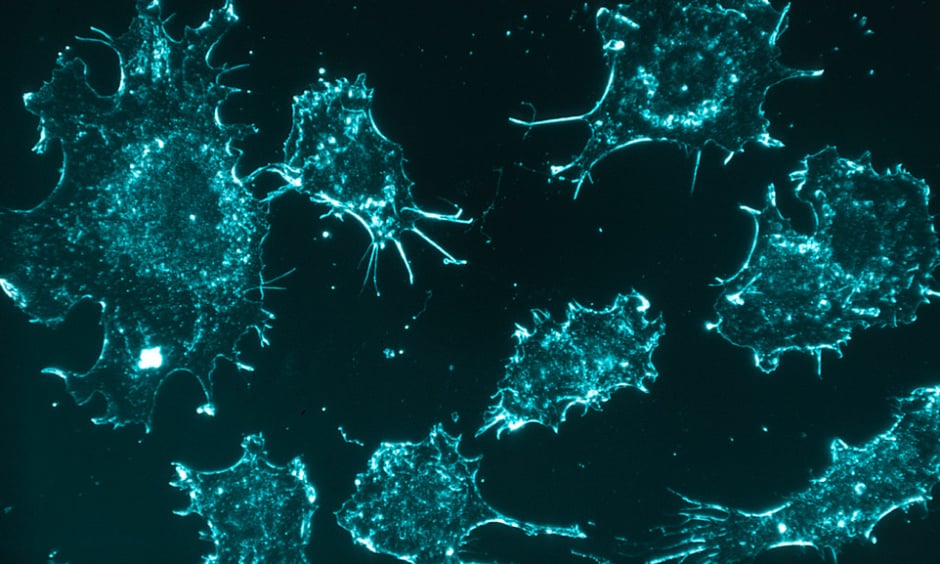PROSTATE cancer cells could be killed by targeting some of the by-products of increased activation of the Akt enzyme. The study, by researchers from the University of Illinois at Chicago, Illinois, USA, could lead to the creation of new treatments for the disease.
Akt Activation
Loss of the PTEN tumour suppressor gene is a common occurrence in prostate cancer; individuals who don’t possess a functional copy of PTEN have increased chances of developing prostate cancer. PTEN loss leads to increased activation of the protein kinase B enzyme, also referred to Akt, which drives metabolism and proliferation in cells; this process is amplified in cancer cells, contributing to their growth and proliferation. Elevated levels of reactive oxygen species (ROS) are also produced from Akt activation. These by-products of metabolism can cause damage to cellular structures.
Elevating ROS
Although toxicity has hindered attempts to suppress Akt in cancer cells, the researchers discovered that further elevating ROS levels is a potential way of destroying cancer cells. They were able to boost ROS in these cells by suppressing ROS scavengers using a compound called phenylethyl isothiocyanate (PEITC), found naturally in cruciferous vegetables.
Eradication of Tumours
Using a combination of PEITC and a drug called rapamycin, the team were able to almost completely eradicate the tumours in a mouse model of PTEN-deficient prostate cancer. No recurrence of cancer was observed 6 months after treatment ended.
“ROS levels are high in cancer cells, which normally helps them grow and proliferate,” explained Prof Nissim Hay, University of Chicago Illinois. “But, we have shown that by pushing ROS levels above a certain threshold they become toxic, and we can selectively kill off the cancer cells while leaving normal cells unharmed.”
Targeting HK2
The team then targeted another enzyme called hexkinase 2 (HK2), which is expressed as a metabolic consequence of Akt production. They were able to stop the growth of the cancer in a prostate cancer mouse model by deleting the gene for HK2. Additionally, deactivating the enzyme in human prostate cancer cells helped restore the cancer cells’ sensitivity to chemotherapy.
Further Research
The research has identified potential areas to target in the development of new treatments, although the authors caution that further research is needed to understand how this can be achieved.
James Coker, Reporter
For the source and further information about the study, click here.








